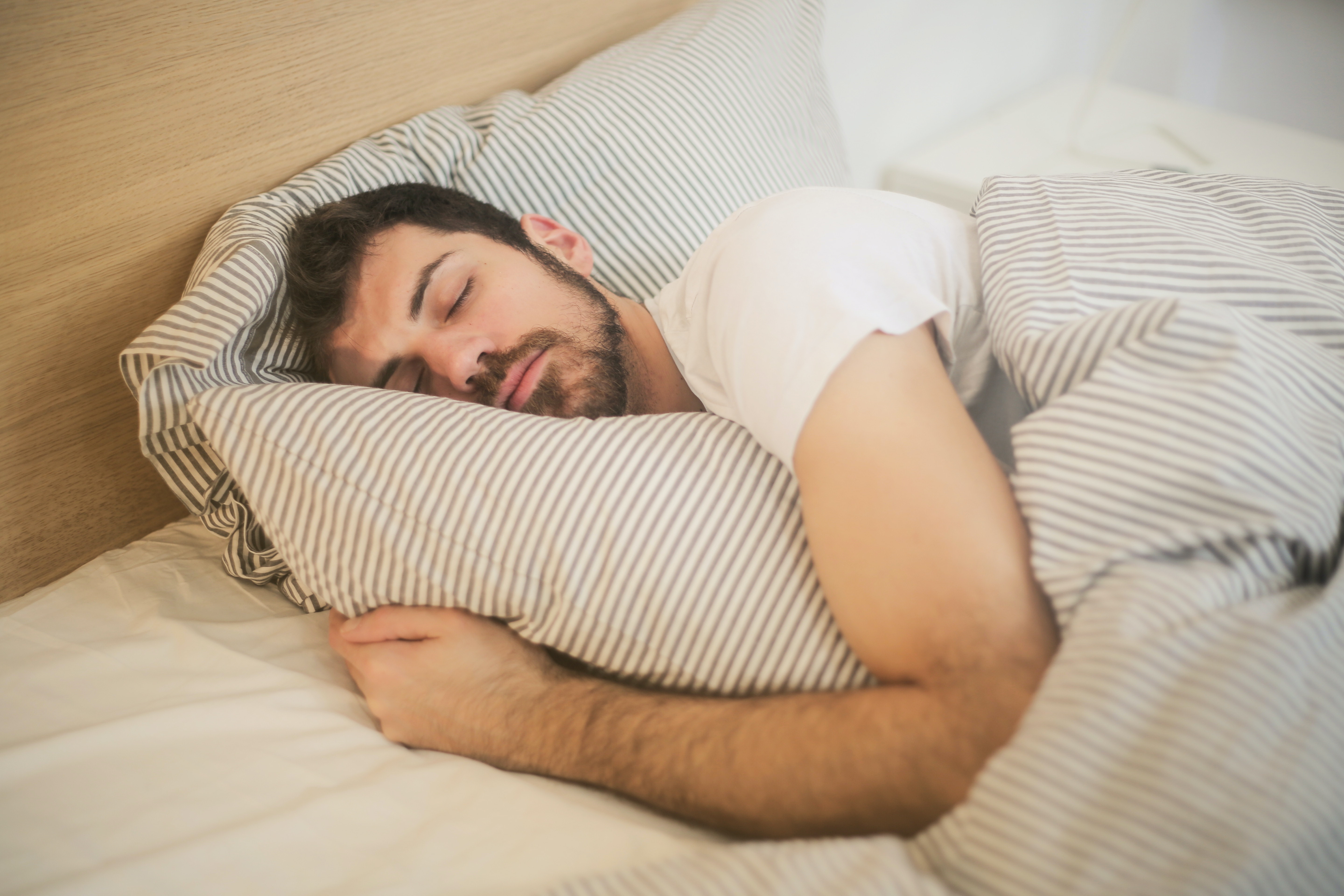Written By: Zulfi Alli RPSGT, RST, Lead Registered Polysomnographic Technologist The Sleep Lab at Kent Hospital on October 5, 2021
Sleep hygiene or good sleep habits can help you get a good night’s sleep and improve your overall mental and physical health. Sleep deprivation can have a major impact on how you feel and function. Studies show that 33% of Americans are sleep-deprived. The National Sleep Foundation advises that adults need between 7 and 9 hours of sleep each night.
8 Tips To Get a Better Night of Rest:
- Try your best to consistently go to bed at the same time each night. Also, try to wake up at the same time each morning, this includes the weekends. This sets your “internal clock” to expect sleep at a certain time night after night.
- Try methods of relaxation. Meditation, mindfulness, and other relaxation techniques can put you in the right mindset for bed. If you tend to take your problems to bed, try writing them down and addressing them the following day.
- Regular exercise can make it easier to sleep at night and also delivers a host of other health benefits. Being physically active during the day can help you fall asleep during bedtime. Try to finish exercising at least three hours before bed or work out earlier in the day.
- As any coffee lover knows, caffeine is a stimulant that can keep you awake and focus. Try to avoid caffeine and other stimulants in the evening. Caffeine can keep you wired even when you want to rest, so try to avoid it later in the day.
- Avoid drinking alcohol within three hours of bedtime. Alcohol may help induce sleep but after a few hours, it acts as a stimulant. Alcohol may disrupt your sleep and increase the number of awakenings during the night. It also generally decreases the quality of sleep later in the night.
- Make sure your bedroom is quiet, dark, relaxing, and at a comfortable temperature. An ideal sleep environment is dark with no noise.
- Remove electronics, such as TVs, computers, and smartphones from the bedroom. Children are particularly vulnerable to sleep disorders relating to electronic devices that emit blue light. Studies have shown that there are established links between using electronic devices before bed and increased sleep latency (the amount of time it takes to fall asleep).
It’s crucial to treat sleep as a priority. It may be tempting to skip sleep to work, study or socialize. However, a good night’s rest through proper sleep hygiene has been proven to have an impact on your behavior and well-being. Have you tried these tips and are still having a difficult time getting a restful night of sleep? Contact our Sleep Medicine Team at Kent Hospital to help you achieve a better night of sleep.


 How to Get a Better Night of Rest: 8 Sleep Hygiene Tips"
class="bg-img"
fetchpriority="high"
loading="eager"
decoding="async">
How to Get a Better Night of Rest: 8 Sleep Hygiene Tips"
class="bg-img"
fetchpriority="high"
loading="eager"
decoding="async">
